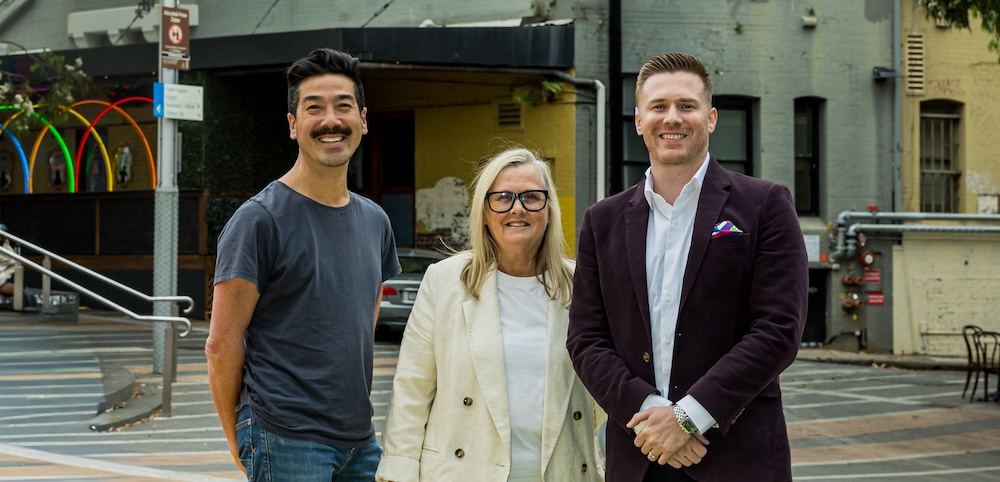
HIV treatment advances
Melbourne scientists accidentally discovered a way to greatly boost the body’s immune response to HIV this week.
Researchers at the University of Melbourne injected blood into animals with cells coated in peptides -“ markers that tell the immune system the body has been infected with HIV.
The injection triggered a massive immune response, Melbourne’s Herald-Sun reported.
We just couldn’t believe it, Stephen Kent, of the University of Melbourne’s Department of Microbiology and Immunology said.
It was one of those sort of serendipitous, lucky things. We’re very excited about it.
The scientists intended only to test the animals’ immune response to HIV, not boost their immune response, and said human trials could begin within two years.
The news came following a week of optimistic news from the 12th Conference on Retroviruses and Opportunistic Infections in Boston, at which scientists unveiled a detailed model of the way HIV mutates.
Scientists displayed a three-dimensional image of part of HIV’s membrane showing how the virus mutates to enter cells, Agence France Presse reported.
The findings will help us understand why it’s so hard to make an HIV vaccine, and will help us start strategising about new approaches to vaccine development, researcher Stephen Harrison said.
The conference also heard positive findings of drug trials of maturation inhibitors and integrase inhibitors, AIDSmap.com reported.
Maturation inhibitor PA-457 stunts a protein produced by HIV-infected cells that might become new HIV particles, and trials with HIV-positive volunteers showed encouraging results.
Integrase inhibitors are intended to prevent the HIV incorporating its genes into the host cell’s DNA.
Previous trials had been abandoned when the drugs revealed liver and kidney cell toxicity in dogs.
However, a current study of a new drug showed no evidence of human toxicity. Research on the new drug L-870812 was ongoing.
The co-discoverer of HIV Dr Robert Gallo summed up the status quo this week at a student research forum in Miami, claiming scientists are facing a stalemate in the fight against AIDS, the Miami Herald reported.
Antiretroviral drugs were a godsend, but treatments had led to overconfidence and cavalier behaviour that could increase drug resistance and the spread of HIV.









